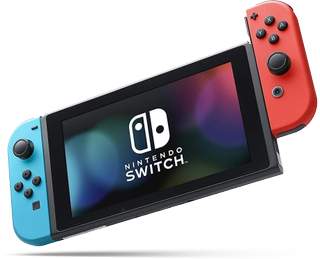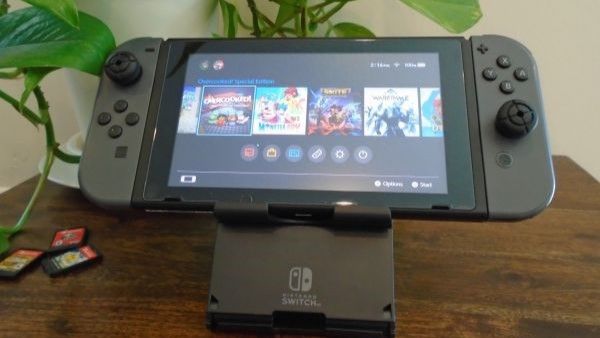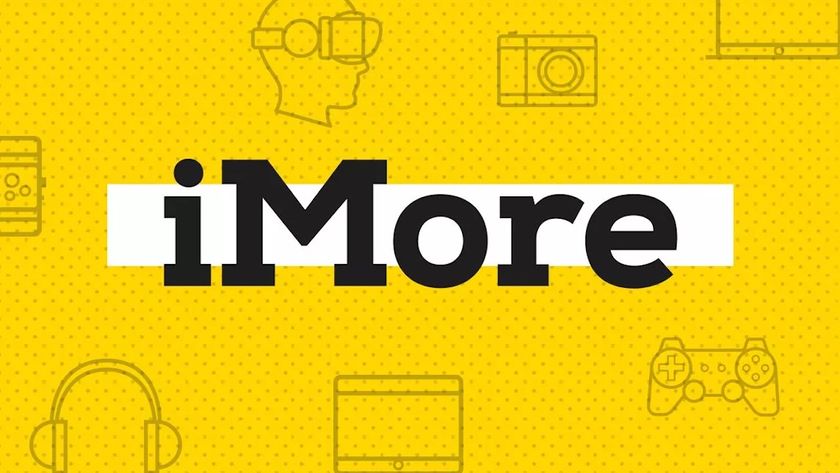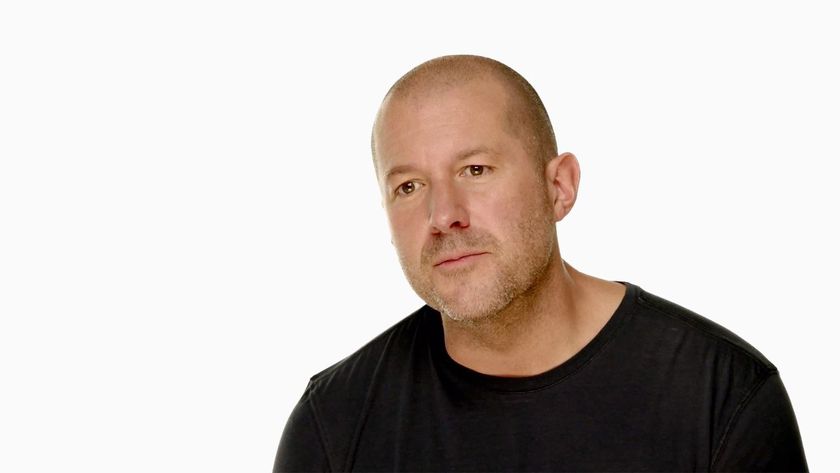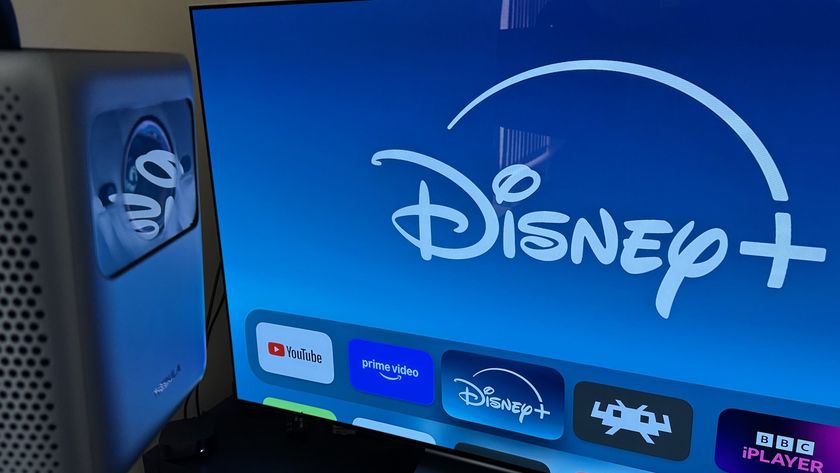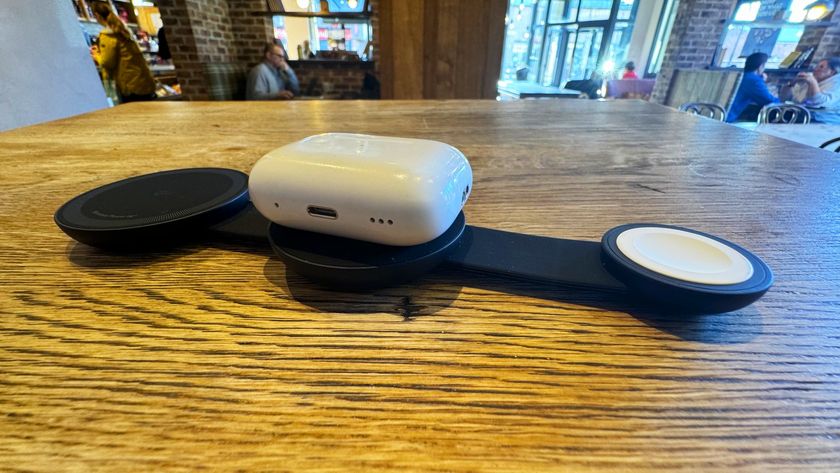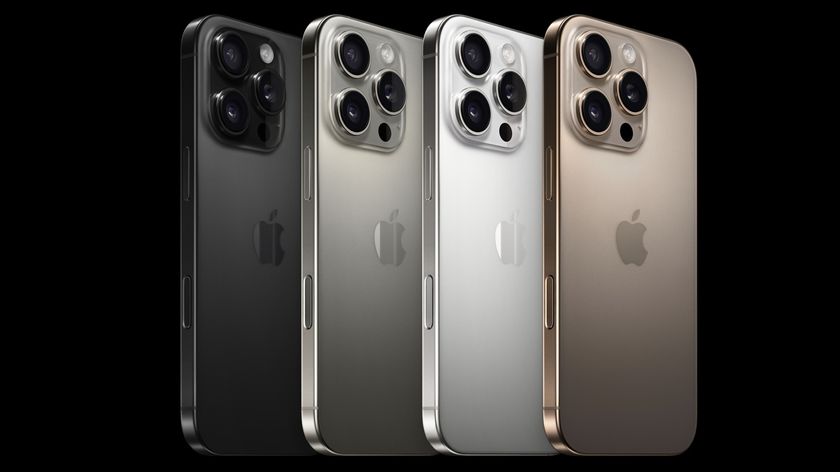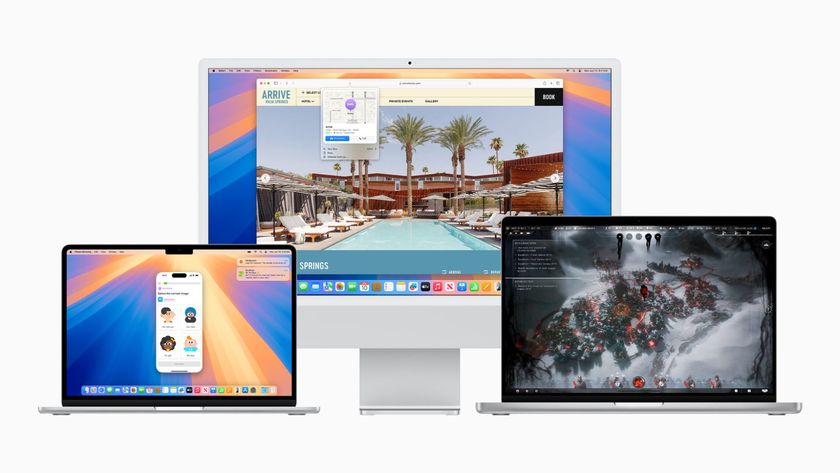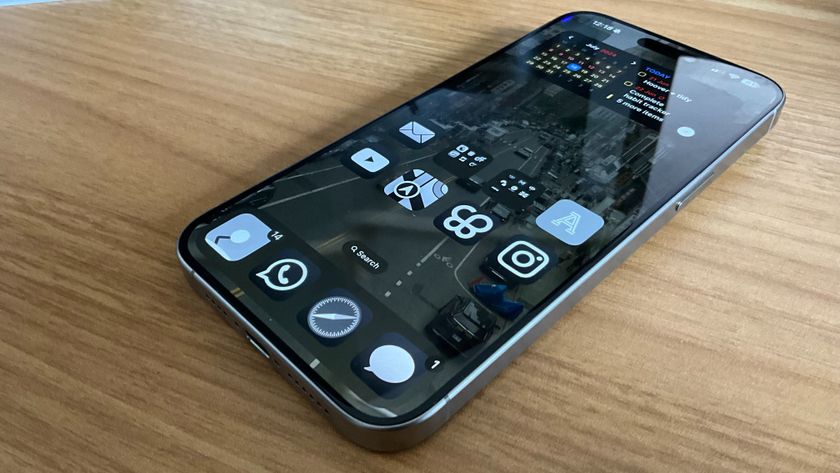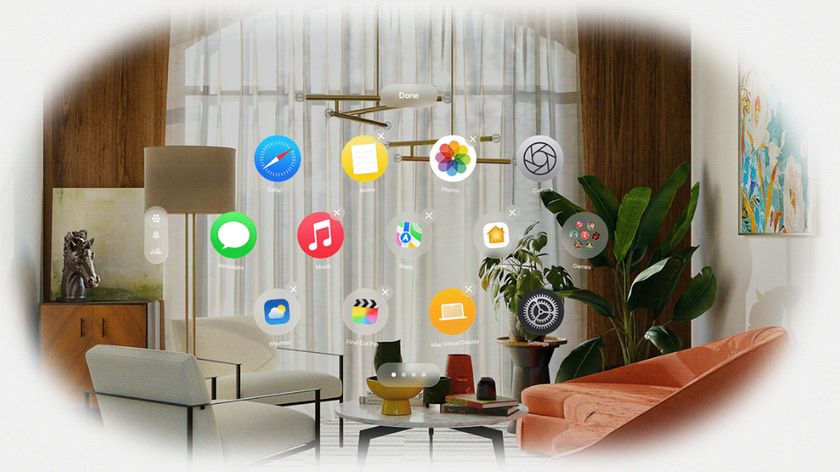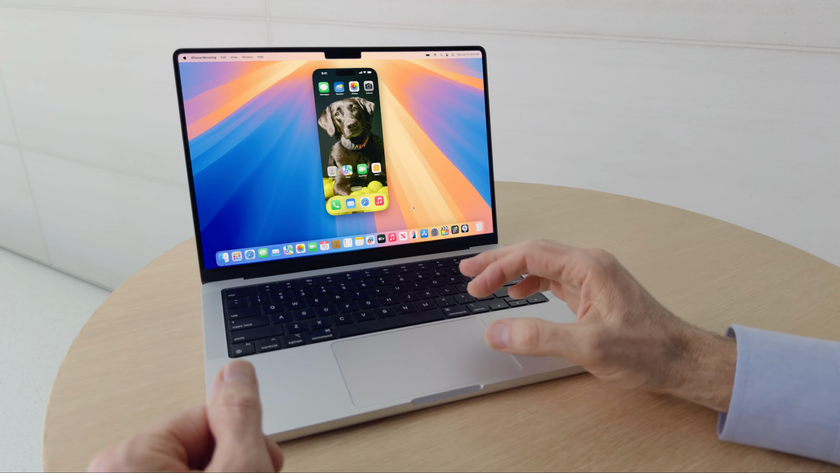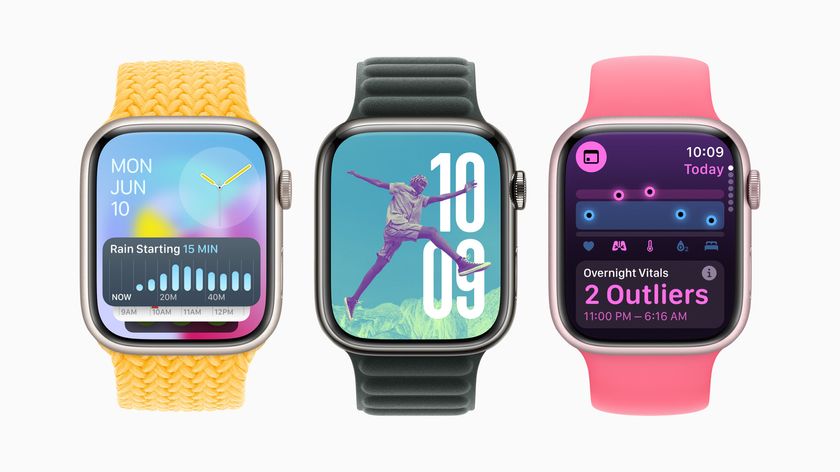What I wouldn't give for a cellular Nintendo Switch
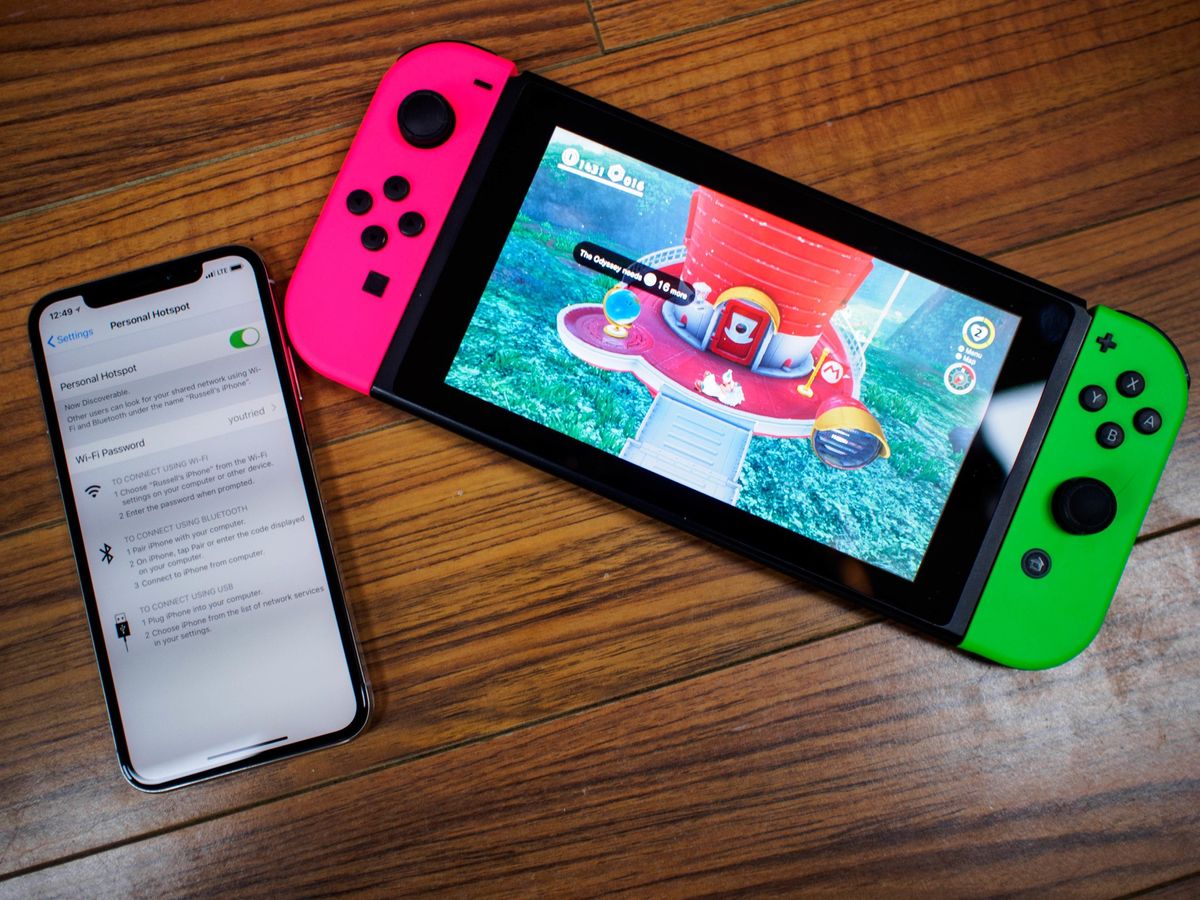
I take my Nintendo Switch with me just about everywhere. It's an obvious choice when I'm stuck on an airplane for a few hours, but this console travels with me way more often than that. If I know I'm going to be sitting in the car for a few minutes while my daughter finishes up gymnastics, I grab my Switch before heading out the door. The highly portable nature of the Switch makes this incredibly easy and a ton of fun, but the more I use this console when I'm not home, the more I find myself wishing it could be constantly connected.
I would not only instantly buy a cellular Nintendo Switch, but happily pay quite a bit for a separate data plan.
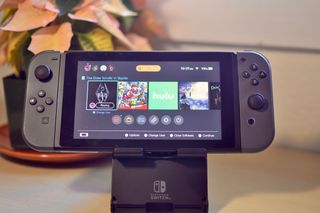
I've not been shy about my desire to see the Nintendo Switch replace my iPad as a portable entertainment gadget, and for the most part it has. The Switch is not only amazingly portable, but the games available for it are amazing. I can play for hours solo, share with friends and family, and even dock it in my car if I wanted to. There's really nothing else quite like it right now if I want to play a game by myself. But when I'm not at home and want to play Splatoon with friends, I need to tether my phone. This isn't complicated, and in fact works quite well, but I'm now consuming battery on both my phone and my Switch to play the game. If I haven't brought portable power of some kind with me, it's unlikely my phone will last the whole day after an hour of this kind of tethering.
Battery life on the Switch itself is an interesting dilemma when thinking about a cellular version. As we've seen with tablets and watches and laptops, adding a cellular radio dramatically impacts battery life. For the Switch, a cellular radio would make it difficult for some of the more graphically intense games to maintain the three-hour minimum that currently exists for the battery on the Switch. Multiplayer games for the Switch aren't typically as graphically intense as the current crop of single-player titles, but with names like Call of Duty: Black Ops 4 on the horizon for this console that's not something you can rely on as a counterbalance to battery drain.
This console is already amazingly versatile, due in no small part to its portability.
Naturally, the cost of data is the other concern for a cellular Switch. If you're a data-hungry consumer like me, you know the monthly cost of a plan isn't cheap if you want the data to be plentiful and stable. I'm certainly not excited about doubling my monthly payment for an entirely separate data line, but I wouldn't be opposed to some of the plans you see for smartwatches. Verizon Wireless charges you $10 to connect a cellular Apple Watch, and the amount of data you can consume on the Watch isn't all that different than the data many people are likely to consume on the Switch. When tethered to an LTE hotspot, the Switch consumes roughly 10mb for an hour of Splatoon 2 gameplay. That's close to what you would consume when streaming music from your Apple Watch. The one outlier here would be streaming video or installing games from the Switch store, both of which would consume a great deal more data and would likely justify a more expensive plan.
It would make the console itself more expensive, make the battery suck a little more, and probably encourage more than a few people to walk around in public while shouting at a team member in Splatoon. But, if you ask me, it's worth it. This console is already amazingly versatile due in no small part to its portability. As online gameplay continues to grow on this console, offering a way for gamers to be even more portable is an incredible value. As unhappy as I would be to discover my teammate dropped out of a game because his train was going through a tunnel, it would be amazing to be able to take my whole console with me on vacation and never have to worry about WiFi to play with friends. And, if I'm being honest, I'd way rather catch the occasional show on Hulu through my Switch instead of the smaller display on my phone. It all adds up to a more convenient, more capable machine, and I would happily throw money at that upgrade.
Master your iPhone in minutes
iMore offers spot-on advice and guidance from our team of experts, with decades of Apple device experience to lean on. Learn more with iMore!
Russell is a Contributing Editor at iMore. He's a passionate futurist whose trusty iPad mini is never far from reach. You can usually find him chasing the next tech trend, much to the pain of his wallet. Reach out on Twitter!
